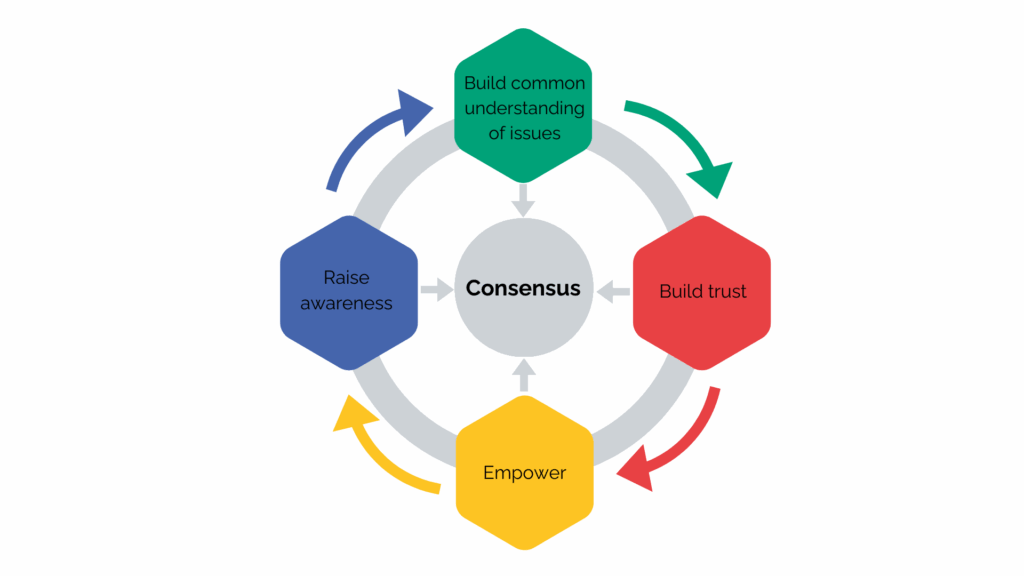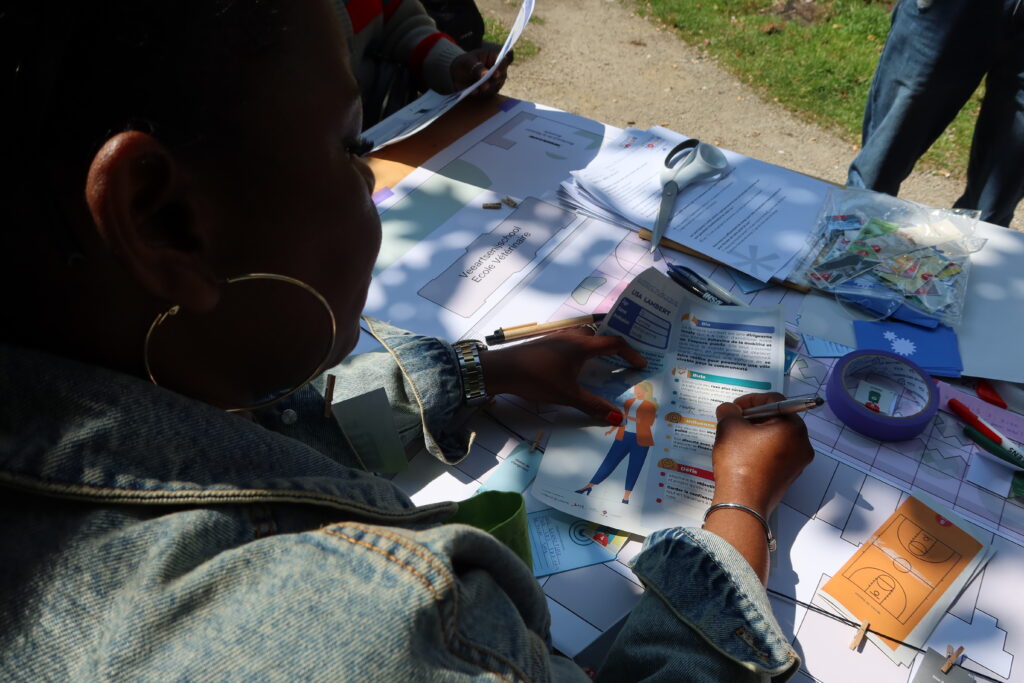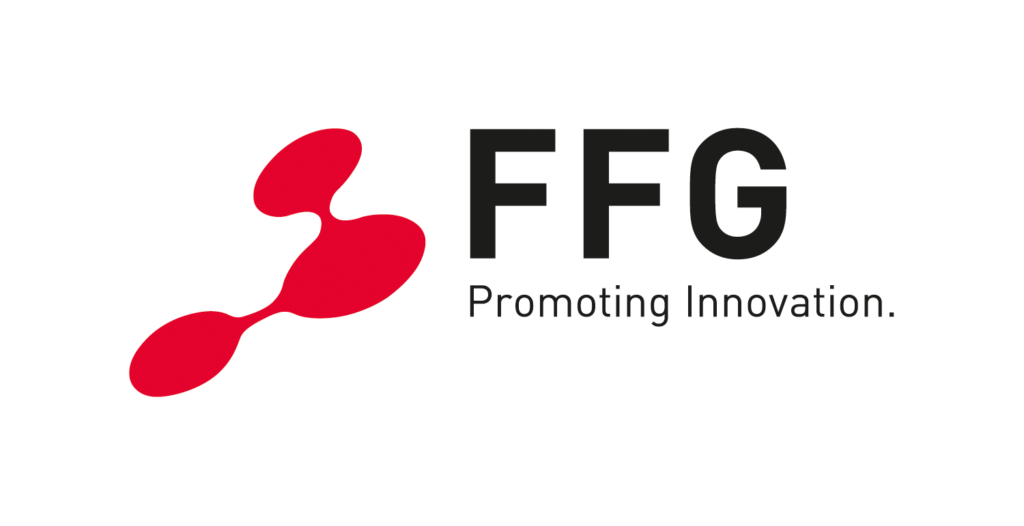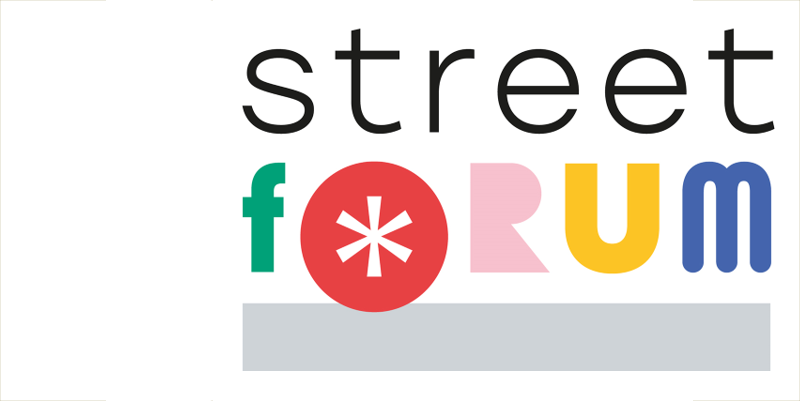Transforming streets into accessible urban oases through consensus building
To address the challenges that cities currently face and create a more sustainable society, our urban environments must undergo transformation.
We have developed a toolkit of analogue and digital tools to support street transformation processes that aim to reach consensus or obtain broad social support while delivering solutions that are inclusive, just, and sustainable.
The key findings of the project, along with a summary of the toolkit, are now available in the StreetForum Guide.
We hope you find it useful.

How can consensus be built?

To reach a consensus on change, we must build a common understanding of the problems we face and what potential solutions would mean. We need to establish a relationship of trust between communities and authorities. These local communities must be heard and empowered to act upon their own needs. Lastly, all actors and stakeholders should be aware of the impacts potential changes would have on their lives.
RESEARCH APPROACH
Applied research and innovation in four living labs
Running from March 2023 to August 2025, the project combined applied research and innovation. The findings advanced knowledge on the key stakeholders of street transformation and their needs, and developed tools to support consensus making. The tools were tested and validated through experiments in urban living labs under real-life conditions. Their impact, transferability and scalability were assessed, and recommendations were developed accordingly.



01
Development
Nine tools were developed: two digital, six analogue and one hybrid.
02
Testing
The tools were tested in the urban living labs: Brussels, Istanbul, Stockholm and Vienna.
03
Evaluation
The impact and scalability of the tools were assessed.
Who are WE?
A European consortium with twenty organisations
The Streetforum Project brought together university research centres, non-profit organisations, public institutions and private organisations from Austria, Belgium, Sweden and Turkey. The project is funded by four national agencies and coordinated by the Mobilise Research Group within the House of Sustainable Transitions (HOST), at the Vrije Universiteit Brussel (VUB).
Project team
Vrije Universiteit Brussel (VUB), Vienna University of Technology, space and place, Spacescape, Cultureghem, Alain Tisserand architect, Istanbul Metropolitan Municipality and Bogazici University.
Partners
aspern.mobil LAB, Bezirksvortstehung in Mariahilf, Bezirksvorstehung Ottakring, Carfree Cities Alliance, Municipality of Anderlecht, Municiality of Stockholm.
Funding agencies
FFG (Austria), Innoviris Brussels (Belgium), Vinnova (Sweden) and Tübitak (Turkey).
This project has been funded by the Brussels Capital Region – Innoviris (Belgium), the Austrian Research Promotion Agency (FFG), Sweden’s Innovation Agency Vinnova, and TÜBİTAK (Türkiye).





